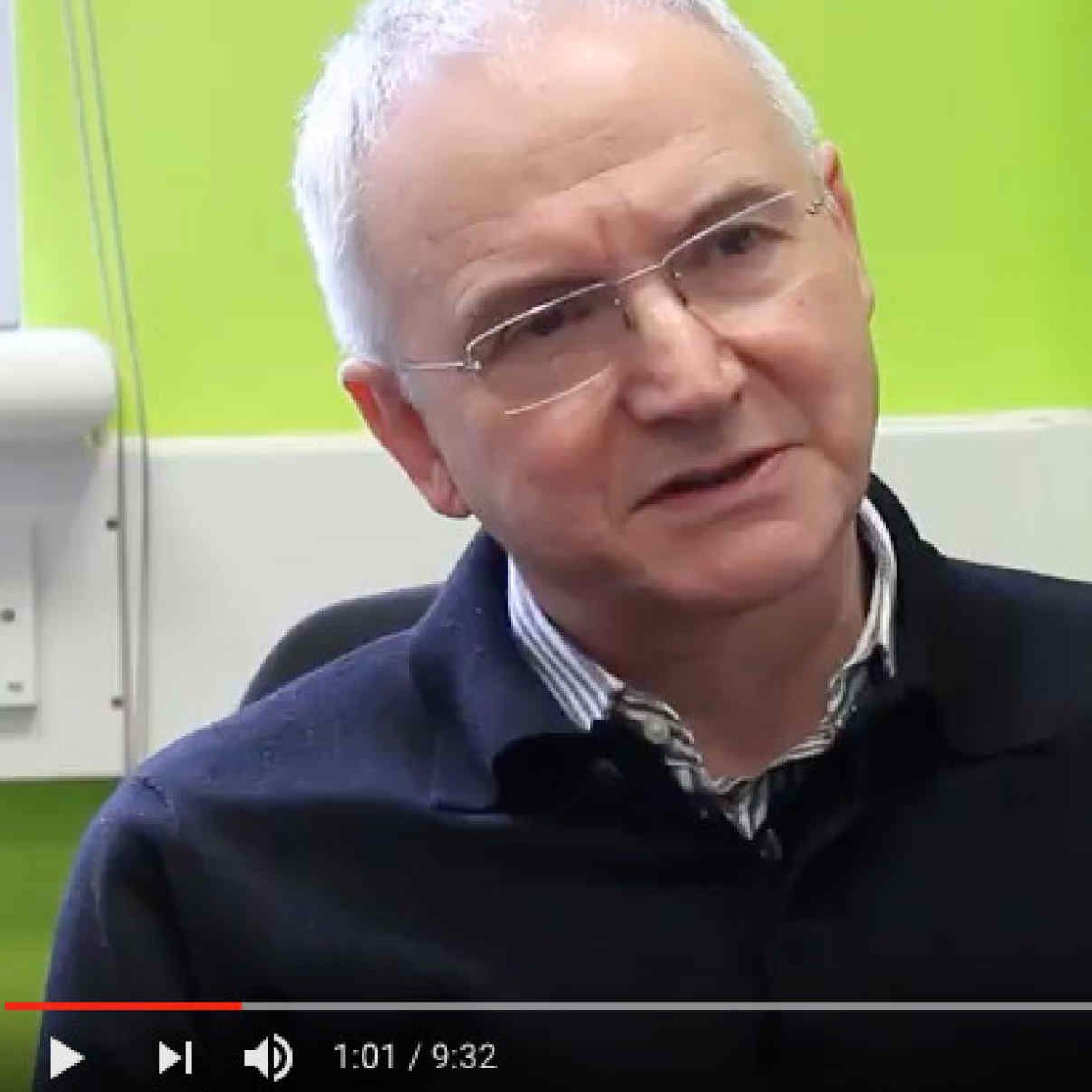BibTex format
@article{Everitt:2012:10.1038/nature10921,
author = {Everitt, AR and Clare, S and Pertel, T and John, SP and Wash, RS and Smith, SE and Chin, CR and Feeley, EM and Sims, JS and Adams, DJ and Wise, HM and Kane, L and Goulding, D and Digard, P and Anttila, V and Baillie, JK and Walsh, TS and Hume, DA and Palotie, A and Xue, Y and Colonna, V and Tyler-Smith, C and Dunning, J and Gordon, SB and GenISIS, Investigators and MOSAIC, Investigators and Smyth, RL and Openshaw, PJ and Dougan, G and Brass, AL and Kellam, P},
doi = {10.1038/nature10921},
journal = {Nature},
pages = {519--523},
title = {IFITM3 restricts the morbidity and mortality associated with influenza.},
url = {http://dx.doi.org/10.1038/nature10921},
volume = {484},
year = {2012}
}
RIS format (EndNote, RefMan)
TY - JOUR
AB - The 2009 H1N1 influenza pandemic showed the speed with which a novel respiratory virus can spread and the ability of a generally mild infection to induce severe morbidity and mortality in a subset of the population. Recent in vitro studies show that the interferon-inducible transmembrane (IFITM) protein family members potently restrict the replication of multiple pathogenic viruses1, 2, 3, 4, 5, 6, 7. Both the magnitude and breadth of the IFITM proteins’ in vitro effects suggest that they are critical for intrinsic resistance to such viruses, including influenza viruses. Using a knockout mouse model8, we now test this hypothesis directly and find that IFITM3 is essential for defending the host against influenza A virus in vivo. Mice lacking Ifitm3 display fulminant viral pneumonia when challenged with a normally low-pathogenicity influenza virus, mirroring the destruction inflicted by the highly pathogenic 1918 ‘Spanish’ influenza9, 10. Similar increased viral replication is seen in vitro, with protection rescued by the re-introduction of Ifitm3. To test the role of IFITM3 in human influenza virus infection, we assessed the IFITM3 alleles of individuals hospitalized with seasonal or pandemic influenza H1N1/09 viruses. We find that a statistically significant number of hospitalized subjects show enrichment for a minor IFITM3 allele (SNP rs12252-C) that alters a splice acceptor site, and functional assays show the minor CC genotype IFITM3 has reduced influenza virus restriction in vitro. Together these data reveal that the action of a single intrinsic immune effector, IFITM3, profoundly alters the course of influenza virus infection in mouse and humans.
AU - Everitt,AR
AU - Clare,S
AU - Pertel,T
AU - John,SP
AU - Wash,RS
AU - Smith,SE
AU - Chin,CR
AU - Feeley,EM
AU - Sims,JS
AU - Adams,DJ
AU - Wise,HM
AU - Kane,L
AU - Goulding,D
AU - Digard,P
AU - Anttila,V
AU - Baillie,JK
AU - Walsh,TS
AU - Hume,DA
AU - Palotie,A
AU - Xue,Y
AU - Colonna,V
AU - Tyler-Smith,C
AU - Dunning,J
AU - Gordon,SB
AU - GenISIS,Investigators
AU - MOSAIC,Investigators
AU - Smyth,RL
AU - Openshaw,PJ
AU - Dougan,G
AU - Brass,AL
AU - Kellam,P
DO - 10.1038/nature10921
EP - 523
PY - 2012///
SP - 519
TI - IFITM3 restricts the morbidity and mortality associated with influenza.
T2 - Nature
UR - http://dx.doi.org/10.1038/nature10921
UR - http://www3.imperial.ac.uk/newsandeventspggrp/imperialcollege/newssummary/news_26-3-2012-10-26-46
UR - http://hdl.handle.net/10044/1/19031
VL - 484
ER -
